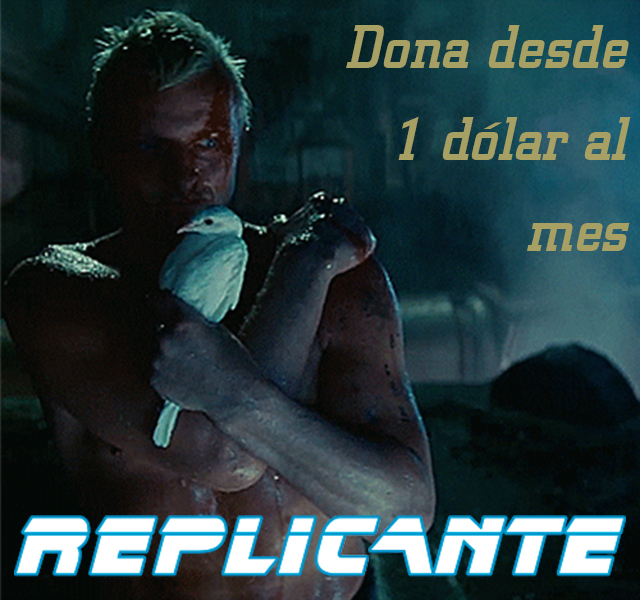Dice el traductor que traducir a un escritor admirado puede ser un homenaje, un diálogo, una interpretación y una traición. Ahora nos obsequia tres poemas más de Bukowski, de quien todavía no ha encontrado un texto que lo haya aburrido o decepcionado.

La primera
cuando ella murió
conocí a su hijo
en el cuarto de hotel
que le había pertenecido.
una habitación pequeña sin lavamanos ni baño
una pocilga en el cruce de Beverly con Vermont.
Él seguro pensaba:
¿qué clase de novio fuiste
dejándola morir en un lugar así?
y yo pensaba:
¿qué clase de hijo
deja morir a su madre así?
me preguntó si quería alguna de sus cosas
no, le respondí.
de acuerdo, me dijo, las donaremos a la caridad.
y se marchó
había una gran mancha de sangre en
la sábana que cubría el colchón.
la dueña del hotel entró y dijo:
tendré que cambiar las sábanas
nadie lo va a rentar así.
o.k., le dije
y me fui.
me dirigí a la florería
y pedí un arreglo grande
en forma de corazón
para el funeral.
le pedí a la florista que la tarjeta dijera:
“de tu amante” sin nombre.
¿sin nombre?
sin nombre.
¿efectivo o tarjeta de crédito?
efectivo.
pagué y caminé por el boulevard
sin volver a mirar atrás.

the first one
after she died
I met her son in her room
a very small room without sink or a toilet
in a flophouse at Beverly and Vermont.
he was thinking what kind of boyfriend are you
to let her die in a place like this?
and I was thinking, what kind of a son are you?
he asked me, do you want any of her things?
no, I said.
well, he said, we’ll give them to Goodwill.
he left.
there was a large bloodstain on the bottom
sheet.
the owner of the hotel walked in. she said,
I’ll have to change that sheet before I can rent this room to
somebody else.
o.k., I said.
I left.
I walked down to the florist
and ordered a heart–shaped arrangement, large,
for the funeral.
just say on the card, I told the lady,
from your lover. no name.
no name?
no name.
cash or credit card?
cash.
I paid and walked out on the
bulevard and
never looked
back.
Mi padre y el vagabundo
mi padre creía en el trabajo.
le enorgullecía
el hecho de tener uno.
en ocasiones no lo tenía
y se sentía muy avergonzado.
se sentía tan avergonzado
que se iba de la casa por la mañana
y volvía por la tarde
para que los vecinos no lo supieran.
a mí me simpatizaba más el vecino:
se pasaba el día sentado en una silla
en su patio trasero, mientras lanzaba dardos
a círculos que él mismo había pintado
a un lado de su cochera.
en Los Ángeles de 1930
él poseía una sabiduría que a
Goethe, Hegel, Kierkegaard,
Nietzsche, Heidegger y a
Toynbee, les costaría negar.
my father and the bum
my father believed in work.
he was proud to have a
job.
sometimes he didn´t have a
job and then he was very
ashamed.
he’d be so ashamed that he’d
leave the house in the morning
and then come back in the evening
so the neighbors wouldn’t
know.
me,
I liked the man next door:
he just sat in a chair in
his back yard and threw darts
at some circles he had painted
on the side of his garage.
in Los Angeles in 1930
he had a wisdom that
Goethe, Hegel, Kierkegaard,
Nietzsche, Freud
Jaspers, Heidegger and
Toynbee would find hard to deny.
Mi jardín
en el sol y en la lluvia
y en la noche y en el día
el dolor es una flor
el dolor son flores
que brotan todo el tiempo.

my garden
in the sun and in the rain
and in the day and in the night
pain is a flower
pain is flowers
blooming all the time. ®
